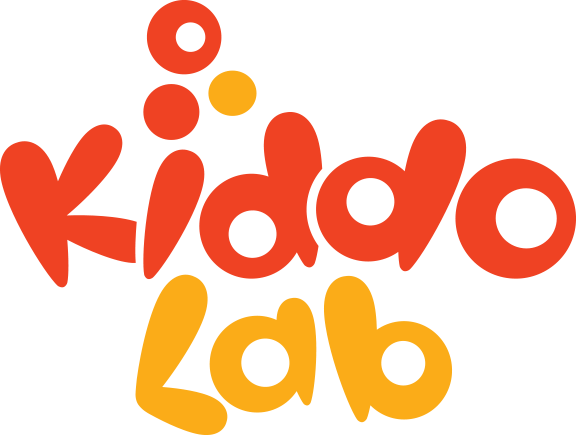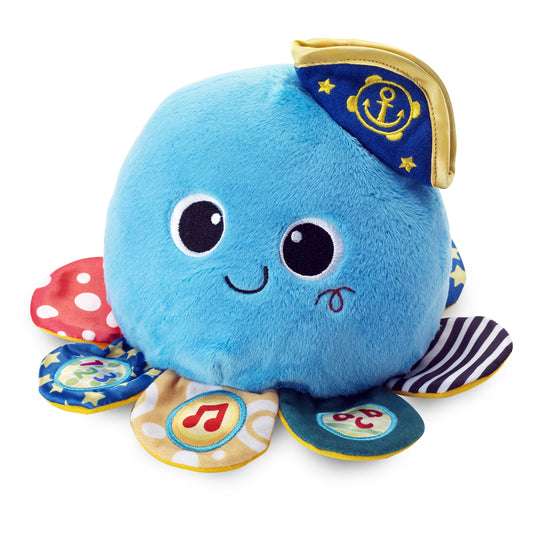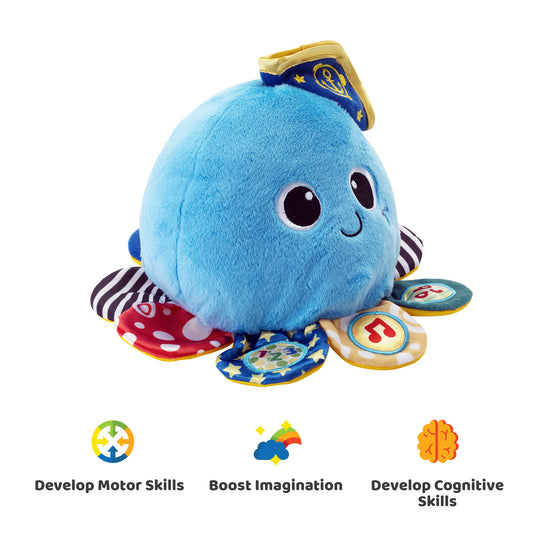
As mothers, it is always best to be healthy and stay healthy for our baby. Taking care of your baby is easier if you are healthy. Taking good care of your health will not only benefit you, but it will also be good for your baby.
It is never an easy task, being a mother. Especially if you are a first time mom. Newborns are difficult to understand that is why you need to learn about means and ways on how to understand them. This will make life easy, not only for you, but for your baby also.
Start with being healthy and staying healthy. To do this, here are some tips on how to be and stay healthy.
GETTING ENOUGH REST
Rest is very important to us, especially to mothers with newborn babies. Babies have unpredictable sleeping and waking hours. This will make mothers overtired easily. As mothers, we need to learn how to adjust with our baby’s routine. This is the only way we can get the rest that we need to be energized.
A mother needs to have enough energy to be able to keep up with her baby. A well-rested mother is an effective mother. It may be impossible to have an eight hour sleep for a few months if you have a newborn baby. Here are tips on how you can get enough rest:
- It is normal for family and friends to come and visit. But there is no need for you to entertain them the whole time. You can excuse yourself and take a nap. They will understand.
- Keep your baby near you when sleeping. This will save you time and you do not have to get up to feed your baby.
- When your baby sleeps, you sleep too. Your baby may only be asleep for a few hours, but this will help you cope up.
- You can have breastmilk on a bottle ready if your baby needs to feed at night. This is so you can get to sleep a little longer. You can ask your partner to feed the baby even just once during the night. Using the bottle of breastmilk.
- Ask help from family members. They can look after your baby so you can catch up on sleep.
DO SOME EXERCISES
Lack of sleep can make you tired and grumpy. Aside from trying to get enough rest, try to squeeze in a little exercise. Try to be as active as you can. But do not do too much, too soon. Doing so may create problems instead of helping. Outdoor activities can help. Going for short walks with your baby can not only be helpful in creating a bond between you and your baby. It can also be a type of exercise for you. Spare even just ten minutes daily for doing simple exercises. Postpartum exercises and workouts may be done, as per advice of your health provider.
NUTRITION AND DIET
Your body goes through a lot of physical changes during pregnancy. Much more so after giving birth. Gaining weight after childbirth is normal. Whatever weight you may have gained build energy reserves for breastfeeding and for your recovery.
After giving birth, it is advisable that a mother must keep and follow a healthy diet. Good nutrition is helpful to keep you active, healthy and help you be at your best always, to be able to cope with your baby.
Your diet must include grain products, meat and its alternatives, vegetables and fruits, and milk and its alternatives.
It is a normal reaction for mothers to try to lose weight after pregnancy. But it is not advisable that they do so by exercising too much. Extreme exercise to achieve weight loss faster may do more harm than good. It may take several months for mothers to lose weight after childbirth. Losing at least one or two pounds per month is good for you and your baby.
POSTPARTUM VITAMINS AND NUTRITION
The most common health problem mothers encounter during and after pregnancy is anemia. In anemia, the body does not produce the necessary healthy red blood cells that carry oxygen around the body. If you feel that you have anemia, consult your doctor for diagnosis and medical advice.
You will know if you have anemia if you have shortness of breath, experience dizziness or headaches, and you often feel weak and tired. Anemia can be prevented and corrected by eating foods rich in iron. Fortified cereals, nuts, red meat, green leafy vegetables, are among the examples of iron-rich foods. Iron supplements may also be taken, if your doctor advices you to do so.
Vitamin C helps your body absorb iron from the food you eat. A glass of orange juice taken with your meals is a good source of vitamin c. Eating foods rich in protein, iron, and other nutrients can help your body produce healthy blood.
KEEP YOUR BABY HEALTHY BY STAYING HEALTHY
A mother’s milk is the best nutrition a baby can ever have. That is why a mother must be very conscious of the things she eats as it affects the milk her body produces to feed her baby. Eat when you are hungry, but stop when you are full.
When thirsty, it is advisable that you take water, pure fruit juices, pure vegetable juice or extract, and milk. Do not eat food with added salt, fat, sugar, and chemicals.
Folate is also advised, but only when your doctor says you need more of it for breastfeeding. Folate may be found on citrus fruits, whole grains, and dark green vegetables.
Alcohol and caffeine intake must be limited, if not avoided. Limit your tea, cola, chocolate, and coffee. Smoking is not advised either. If you really cannot do away with smoking, do it at least an hour or more before the next feeding.
Medicine intakes should also be under the advice of your doctor. There are certain types of medicine which may have effects on you and your baby, especially those that you can buy over the counter.




